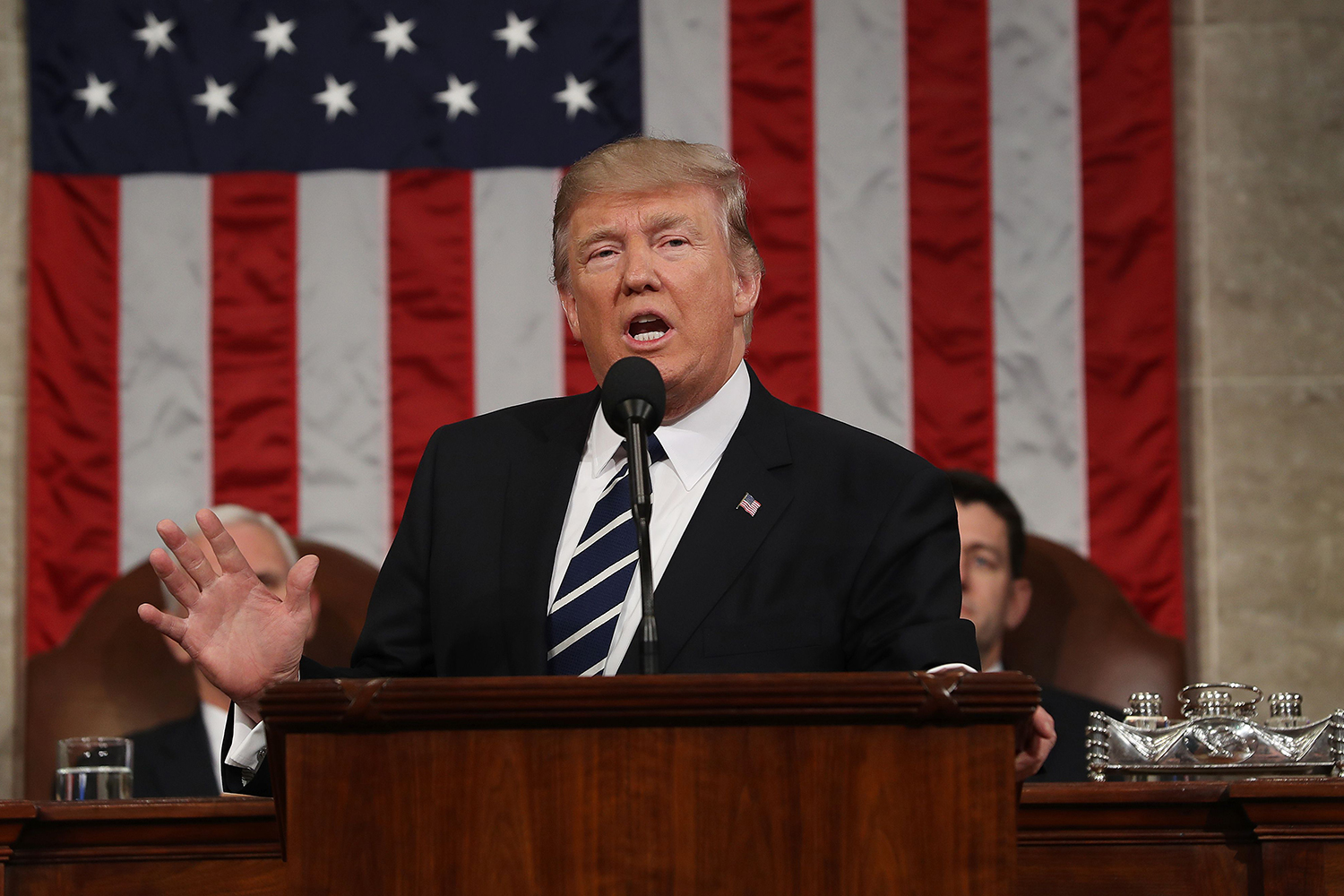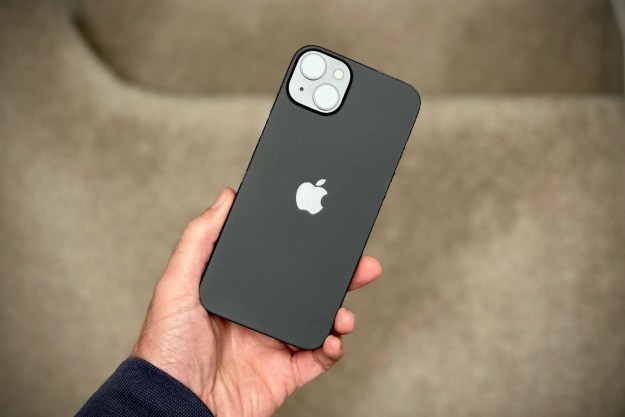President Donald Trump has announced more than 200 companies and public figures that will participate in his effort to reopen the U.S. economy, with the list including some of Silicon Valley’s most prominent players.
Those in the Opening the Country Council’s tech working group include Facebook CEO Mark Zuckerberg, Apple CEO Tim Cook, Google CEO Sundar Pichai, and Microsoft CEO Satya Nadella. Amazon’s Jeff Bezos is also on the list, in the retail group.
Aside from tech and retail, other industry groups include transportation, manufacturing, sports, health care, financial services, and more.

These different industry groups will reportedly work together in establishing a system to bring America’s economy back after it was devastated by the coronavirus outbreak.
“These bipartisan groups of American leaders will work together with the White House to chart the path forward toward a future of unparalleled American prosperity,” reads the White House’s announcement. “The health and wealth of America is the primary goal, and these groups will produce a more independent, self-sufficient, and resilient nation.”
Companies that are noticeably missing from the list include AT&T, Twitter, and Disney.
The New York Times reported that at least one of the members listed in the release was not notified beforehand about its participation.
Amazon confirmed to Digital Trends that it was participating in the group. We also reached out to the tech companies listed to confirm and comment on their participation. We will update this story when we hear back.
Big tech has been working with the government to help with the coronavirus since earlier this year.
In early March, Facebook, Google, Amazon, Apple, Microsoft, and Twitter attended a meeting with Michael Kratsios, U.S. chief technology officer. The meeting reportedly addressed the ways the federal government can work closely with the tech industry to respond appropriately to the coronavirus outbreak.
Online platforms like Apple and Google have taken down any coronavirus-related apps on their app stores that were not created by a reputable organization. Facebook and YouTube are battling the spread of fake news — including deceptive coronavirus ads, conspiracy theory posts, and more — and have ramped up their fact-checking efforts to flag posts that contain this kind of misinformation about the virus outbreak.
Facebook and Twitter are also offering the World Health Organization (WHO) free ad credits to spread awareness.
For the latest updates on the novel coronavirus outbreak, visit the World Health Organization’s COVID-19 page.
Editors' Recommendations
- Facebook removes Trump post over coronavirus misinformation
- Big Tech CEOs’ showdown with Congress: The antitrust hearing that wasn’t
- Big Tech to discuss coronavirus action at White House meeting
- What would breaking up Big Tech companies mean for you?
- The Justice Department is opening an antitrust review of Big Tech



